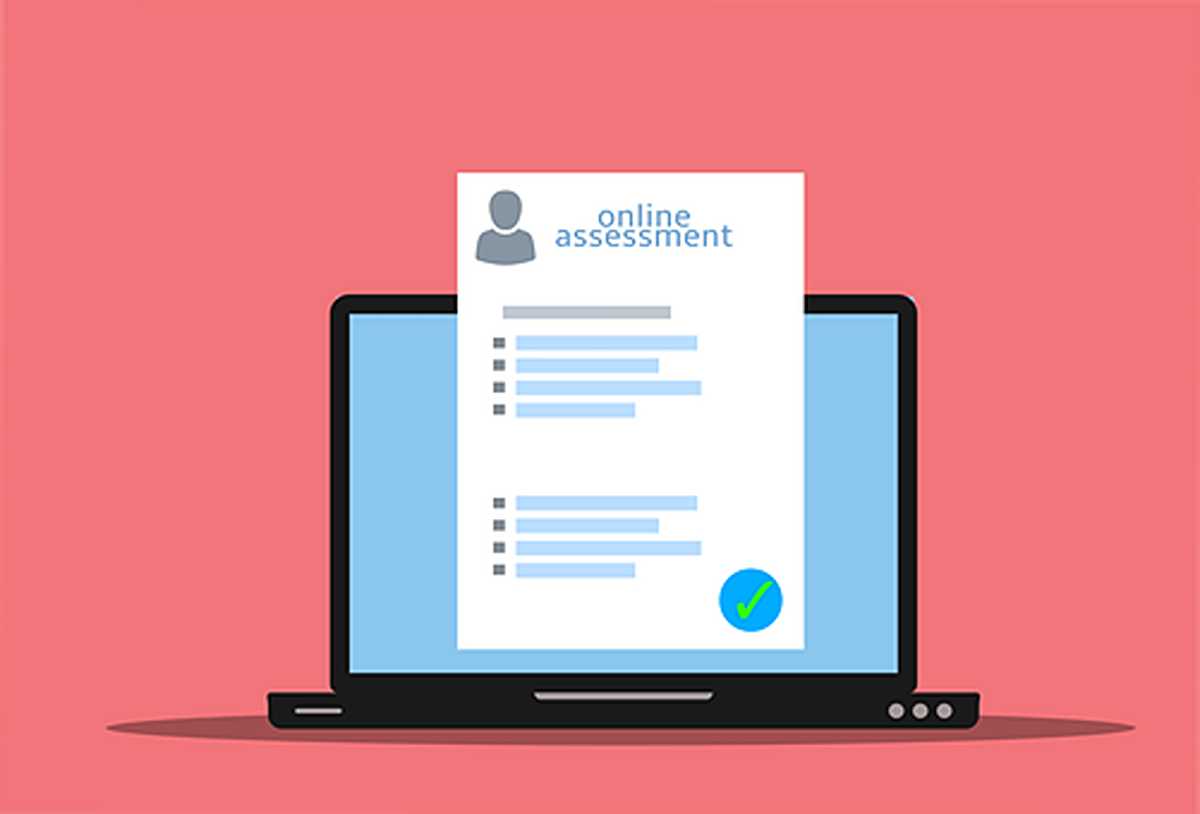Exactly what is Your IQ? – Meeting Quotient
You just got The decision: A press member would like to interview you! Whether most likely a solo practitioner, a tiny businessperson, or an employee of your major corporation, if you are wise, you will accept immediately. It is possible to worry about the consequences later. The sole exception to that rule is that you are an employee of a tiny or large corporation; it certainly is a good idea (and sometimes even mandatory) to check with management before talking to the media. You need to be sure that what you say reflects the organization “party line. ”
Alternative: Don’t panic. Even if you are most likely a media virgin, using a little preparation, you will end up sounding like your expert. We must all be prepared for the telephone that rings or, progressively more, the offered e-mail asking us to be a media-interview candidate. Even when the ask comes in, you have to be willing to do a little “selling. ” You will possibly not be the only recently contacted; the reporter and “talent booker” may be contacting a large pool of likely candidates.
To ensure that you make the lower, it’s essential to follow up–the identical day, if possible. A quick email based on the discussion will work as a reminder of your interest and solidify your professionalism. You intend to demonstrate your interest in addition to knowledge without sounding eager to be interviewed. Asking several well-thought-out questions at this point will help.
Listen carefully to the person making the initial ask to get at the heart of precisely what information the interviewer wishes for from you. Then, follow up using tailoring a pitch to adjust to that need. If the interview is mainly about a controversial topic, before you agree to it, be sure that you will be comfortable conversing with it. You can say no to a meeting you believe will be bad for you.
You’ve Said Yes–Now What?
Do your homework: Familiarize yourself with the publication, television or radio show. Go online and look for different articles or interviews produced by the reporter to fully familiarize his or her style and means of asking questions. Ask yourself: Who might be the audience? Then prepare yourself and suggest your issues in advance.
Another option is to consult the interviewer to email-based you a few questions ahead of the interview so that you can prepare yourself properly. Be forewarned: regardless of whether they take your questions and supply you with a list of their own forward, many interviewers will occasionally place you in a ringer to discover how you respond. I recently acquired an interview (taped) that gravitated far afield from the content initially discussed. In such a case, they are responsible for bringing the individual interview back on track. Even though you are the interviewee won’t mean you can’t control the particular direction of the conversation.
An excellent way to demonstrate that you are in control is always to repeat the question and add your commentary. As an example: “You asked me if I can easily speak to that issue, due to the fact… ” or “My studies show that… ” or “In my most recent book/interview/seminar/presentation, I noted that… “Utilizing this transitional phrase offers you some time to think, and you’ll stay away from seeming like a deer found in the headlights.
Keep the impetus flowing. Answer the concerns concisely. Chuck in contemporary references from your news whenever applicable. Make use of action words that supply a mental picture. You want the particular audience to want to notice more about what you have to point out. Let the interviewer finish inquiring about the question before you bounce in. This isn’t Jeopardy. You need to ensure you hear the entire query before framing your response. Think before you speak.
If the interview moves in the wrong direction, stay calm and state your opinion. Do not get defensive, but don’t hesitate to simplify a point or an opinion if the interviewer misstates your recent comments. This article has no “on” or “off” record, so be careful what you say.
Make a “cheat sheet” with bulleted points to ensure that you get across the essential things you. They have OK to have a brochure with your lap. You can keep your paperwork tucked inside. Just be sure they don’t slip out if you hold it up for the video camera. If you have a book and other products, get one with you and speak about it during the interview. Also, if your company has a web page, don’t forget to mention the WEBSITE at some point in the interview.
Anything About Fashion.
You can get at a distance with jeans in a radio station sound booth, and you can perhaps wear your pink bubbly bedroom slippers when carrying out a phone interview in your own home. But for television, you’ve got to look good like an expert. Don’t have on something you’ve never worn out before. You won’t feel comfortable and may end up fussing with your new outfit. Don’t wear crimson, white or black. Find a colour that is good for your complexion. Get away from the fancy jewellery in your house. You’re not a movie star.
Determine makeup will be provided. If you should do it yourself, remember to go light source with an eye blush. The video camera tends to accentuate intense hues. I learned this brutal way when I wore my very own regular makeup and seemed to look like a raccoon.
After you speak, look at the interviewer, definitely not the camera. Remember, it is a conversation between you and the job interviewer. Don’t feel that you have to yell. The technicians will modify your mike accordingly.
Read also: Have To Consider Hiring A Virtual Assistant? A Brief Breakdown Of The Main Benefits!


